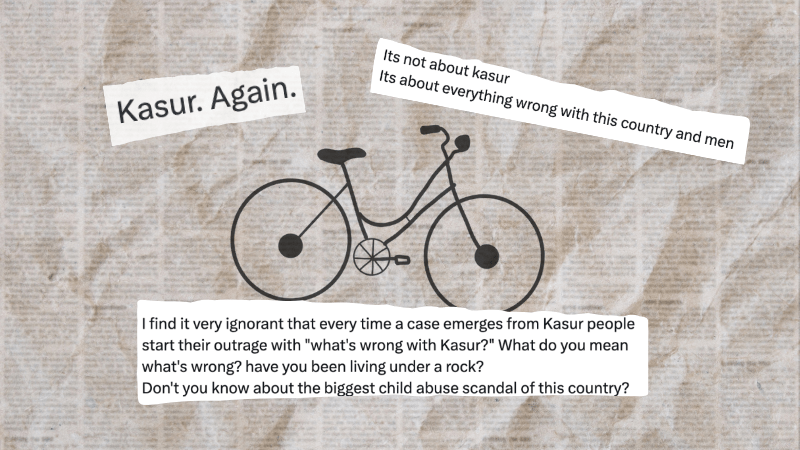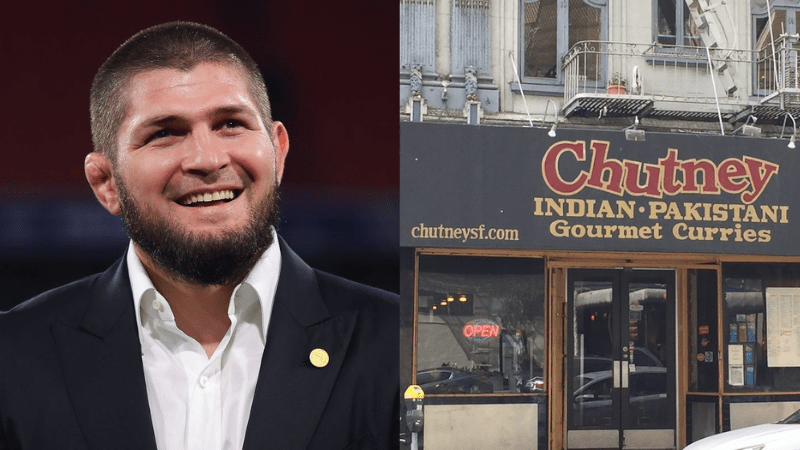Why isn't desi food considered high-end cuisine around the world?
I've always loved desi food and nobody makes a meaner desi cuisine than Pakistani and North Indian mothers. However what is the sub-continental diaspora to do when mothers are not around? The answer to the question is addressed in this write up.
Living in the US, in overtly desi-populated cities such as Houston, Los Angeles, New York or New Jersey, exceptional desi food is available at a moment’s notice. But, I live in a town that is somewhat smaller in terms of the desi diaspora and the eating-out opportunities. And since a lot of desis are spread around the globe and not necessarily in London and New York, most of us don’t have many options when looking for desi food.
What to do?
Should we be changing our attitude towards cuisine from the subcontinent?
We raise our hands up in frustration, shake our heads, and then satisfy our food cravings with mediocre opportunities. All the while brainwashing ourselves, and others, into thinking that our desi eating -out options are ubiquitously delicious; which, of course, is far from truthful.
Las Vegas reigns in the fine dining circuit, but not of the desi kind. If one is craving biryani, qorma, haleem, kebab or chicken tikka, one is left with almost no delicious and spontaneous eating-out options. It’s not that there are no restaurants, but it’s simply that the restaurants have a rather unpalatable selection on the menu.
The chicken tikka at the local Pakistani restaurant is too red, dry and bland, pulao tastes as if made with stock cubes and store- bought broth, whereas the kebabs are just not tender or flavourful. As for the Indian restaurants, well, they use too much youghurt and cream for all curry-based items, and I’ve never been a big fan of paneer. Hence, for a night of spontaneous eating out, desi food is not a happy option in my city.
There are a few home-based caterers who make mean biryani and nihari, but that has to be pre-ordered, removing spontaneous from the equation. The choices are limited and options lesser still, and that is to say the least.

In cities such as Houston, Los Angeles, New York and London (where the population of subcontinentals is in the tens of thousands) there are restaurants, that could match the flavours of the restaurants in Pakistan, hence desi residents living there indulge in spontaneous eating out. Heck, desis living in neighbouring cities travel there simply to eat.
Abounding with multiple, eating-out shopping plazas, blocks and streets, and because of the competition amongst restaurateurs, here taste is reasonable at its worst, and sublime at best. Paan shops, lassi hangouts and chaat houses too, all dedicated to their craft speckle desi neighbourhoods. Nihari and haleem houses, biryani hangouts, mithai (sweetmeat) shops and barbeque sit-downs also abound in the city.
Numerous home-based caterers prepare take-away desi tea snacks such as samosa, shami kababs, chaat, pakora or for freezer storage, but that’s the story of a few cities and not the norm for cities where so many of us live.
I often wonder why subcontinental food has never picked up, commercially, or as the go-to food for other ethnicities in cities around the world, like say Chinese, Mexican, Japanese, Italian or French cuisine? If that were the case then most cities would host desi restaurants and we would get desired tasting motherland cuisine.
Why has the cuisine of the subcontinent — an ancient cuisine, delicious, sublime, loved by chefs and foodies, evolved, rich, studied by scientists for its benefits and consumed by a billion-and-a-half on this planet — failed to pick up in the West?
According to Krishnendu Ray, professor at New York University — who has been studying the cuisine’s rise for more than a decade — the answer likely has to do with a certain lack of appreciation for the skill required to make Indian food. The cuisine is among the most labour-intensive in the world. And yet Americans and other ethnicities are unwilling to pay beyond a certain and decidedly low price point.
“There’s a real problem on the demand side, people aren’t willing to pay for good Indian food. If you aren’t willing to pay for it, you won’t get quality. And if you don’t get quality, it’s hard to grow.” The whole system has forced a lot of restaurants to rely on less skilled workers and cooks. No one would spend money on Indian food, especially expensive Indian food.
And tragically (and ironically) I can’t agree more.
Having lived abroad for more than 20 years, I have done my fair share of fine dining and eating out. Living in the city I do (Las Vegas), a city known for its high-end restaurants, besides other attractions, I have paid expensive bills at restaurants for all kinds of cuisine, but not desi.
Before you judge me, please know that there are no high-end desi restaurants in my hometown, but then again I often ask myself if I would be willing to go a high-end expensive Pakistani/Indian restaurant and pay an expensive tab? The answer is “probably not.”
Now you can judge me, but at least I’m being honest.
Writing this piece has made me realise that the problem is with us, and not with other ethnicities for not opting for Pakistani/Indian cuisine. We haven’t really understood the value of our cuisine. Even though we cook the cuisine ourselves, have seen it being made in our kitchens for centuries, know its sublime taste, its labour-intensive preparation, its history and journey — and we are emotional about it too — but regardless, we aren’t even willing to pay for its value when eating out.
Loving desi food, and claiming so in public is only but a talking point and rhetoric for us. If we truly cared for its value, and what it brings to us, we would be willing to pay for it when living, or visiting foreign lands. That would make available good quality desi food around the world, and people like you and me could indulge in delicious spontaneous eating out at a moment’s craving and notice.
Yes, the fault is not in our eating stars, it’s in our eating attitude.
The writer is a freelance journalist and author of Feast with a taste of Amir Khusro
Originally published in Dawn, EOS, July 22nd, 2018














Comments